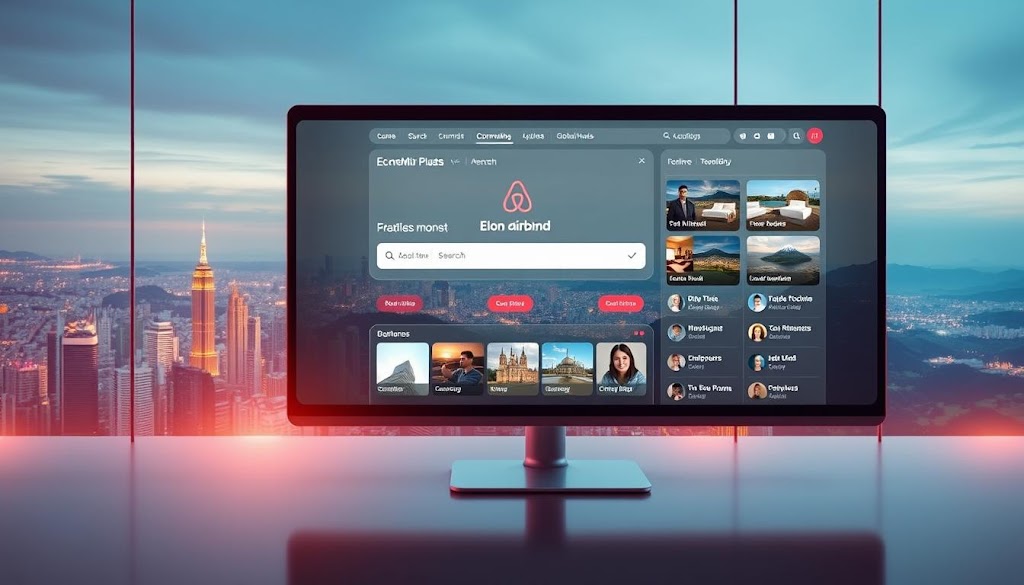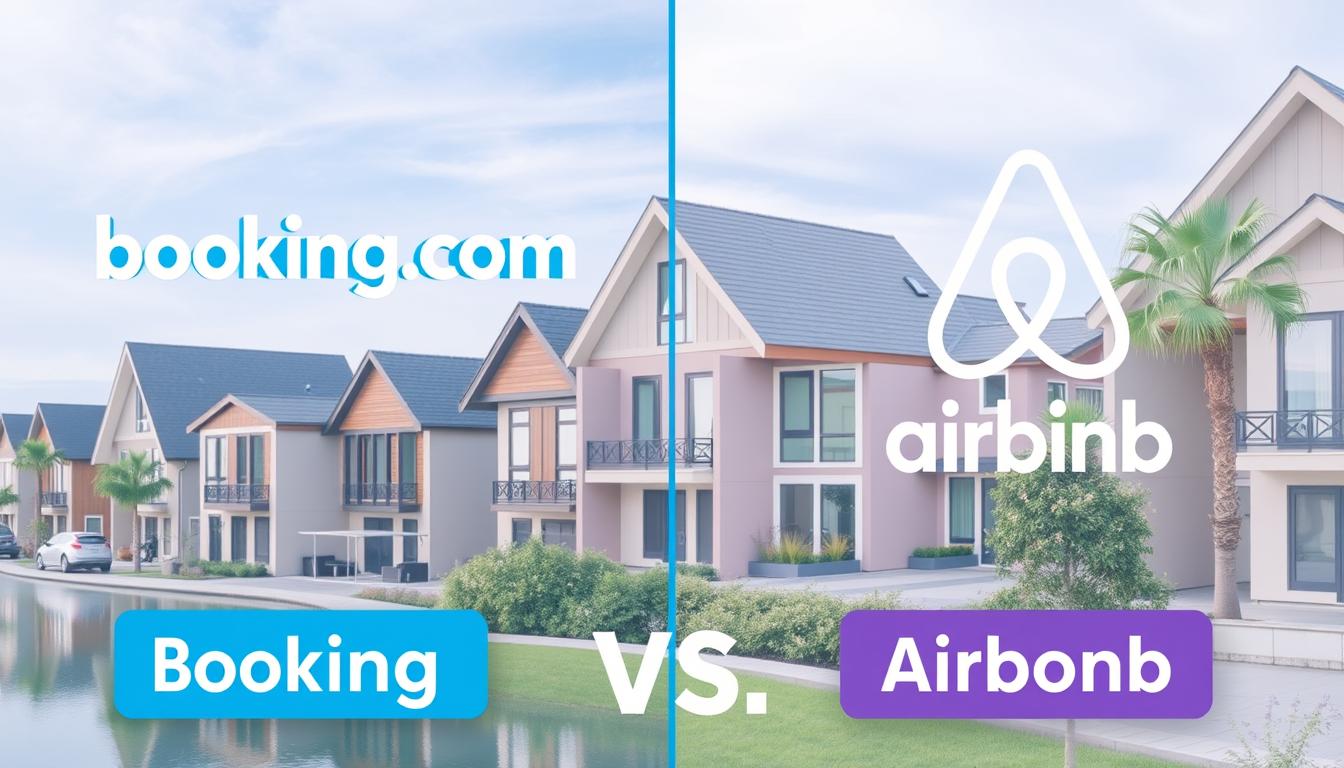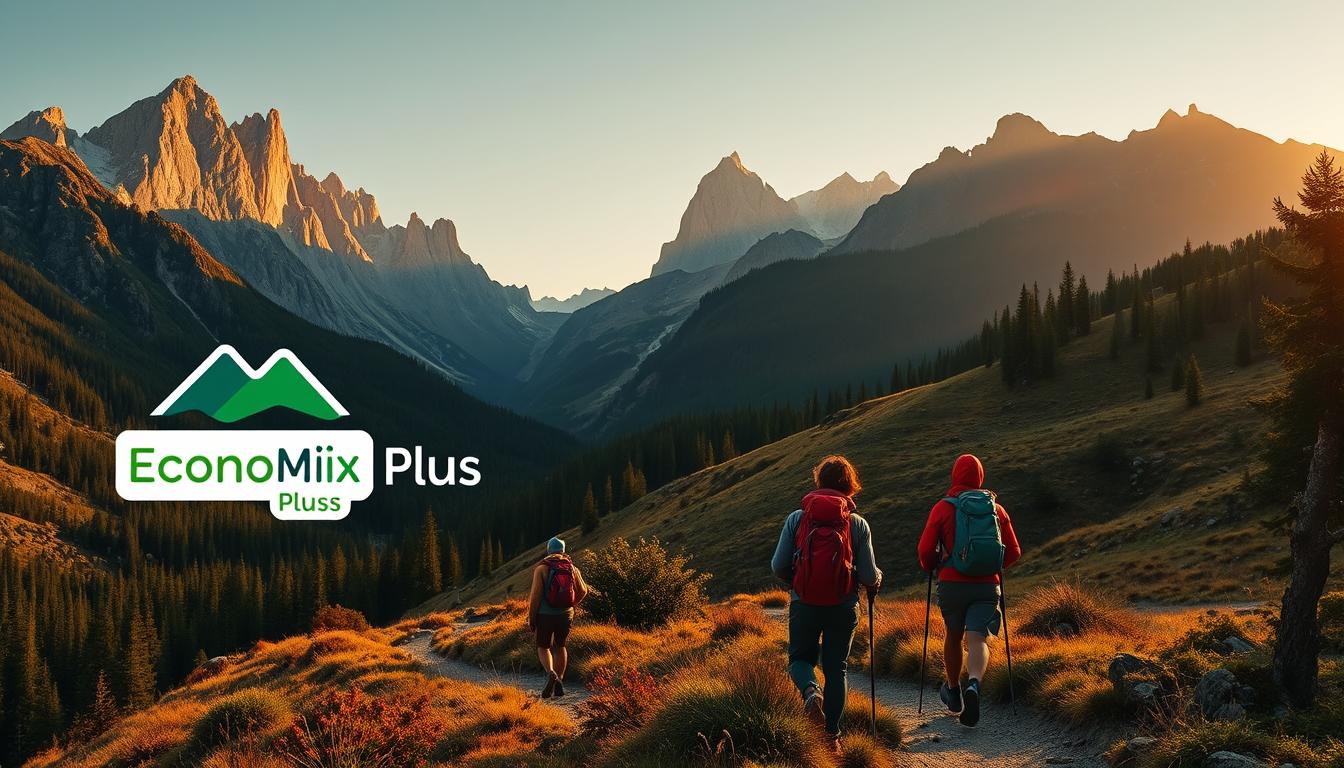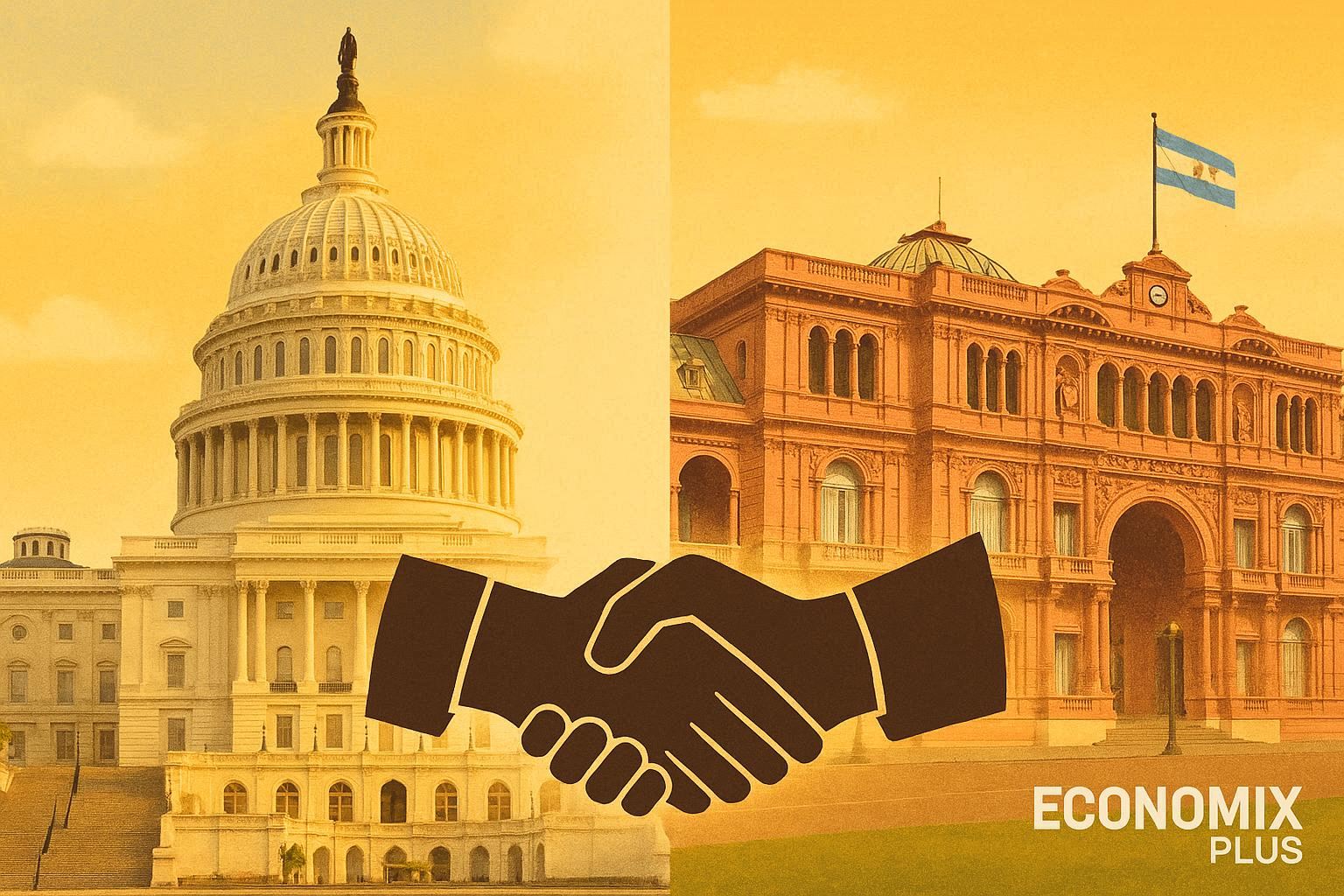Are traditional hotels and resorts becoming outdated? The rise of digital innovation in tourism is changing how we travel and explore new places.
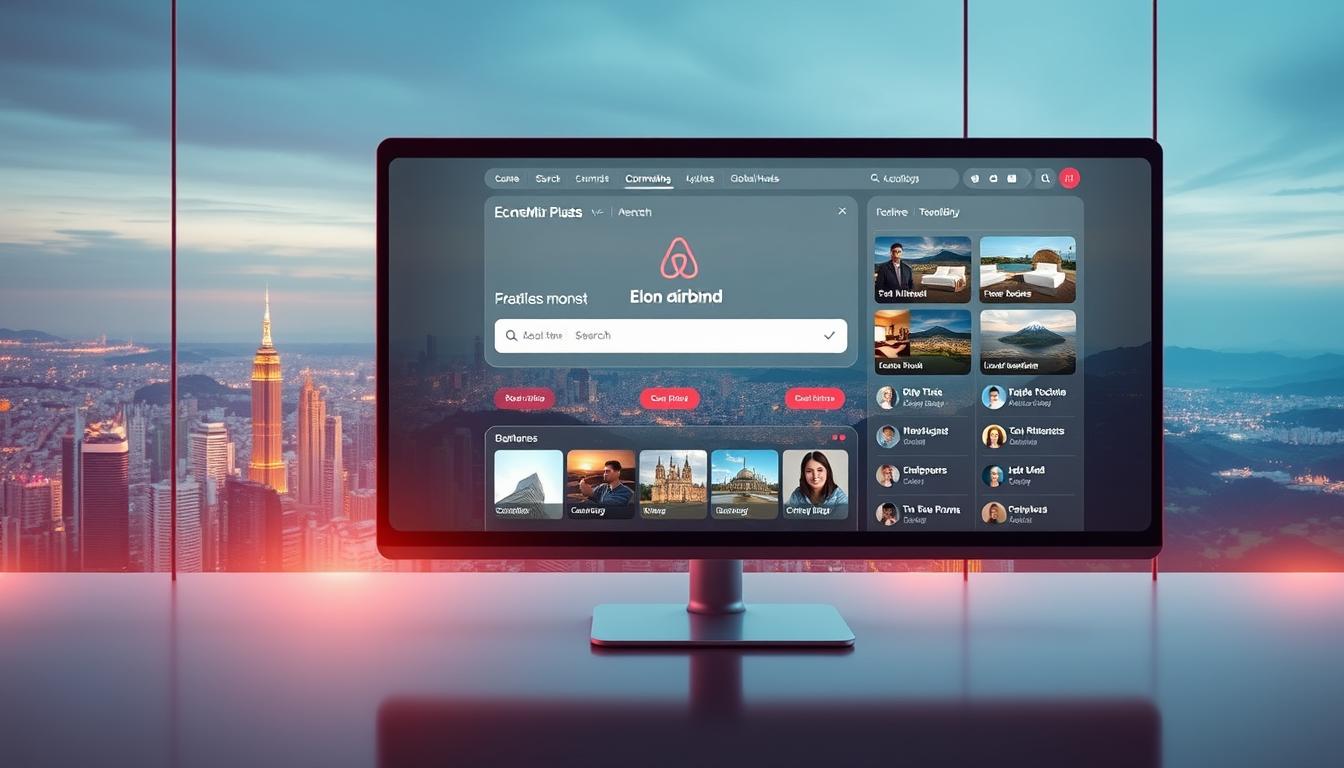
The Airbnb digital revolution is leading this change. It uses tech advancements in travel to offer unique and personalized experiences. Airbnb connects hosts with travelers online, shaking up the traditional hotel industry.
This shift is transforming travel experiences with technology. It makes travel more accessible and diverse. Now, travelers have many options that fit their personal tastes.
Key Takeaways
- The rise of digital innovation is changing the travel landscape.
- Airbnb’s digital revolution is disrupting traditional hospitality.
- Tech advancements are personalizing travel experiences.
- Travelers now have diverse accommodation options.
- The traditional hotel industry is facing significant challenges.
The Birth of a Travel Revolution
Airbnb started a big change in travel. It began with new ideas and a challenge to old ways of staying in hotels.
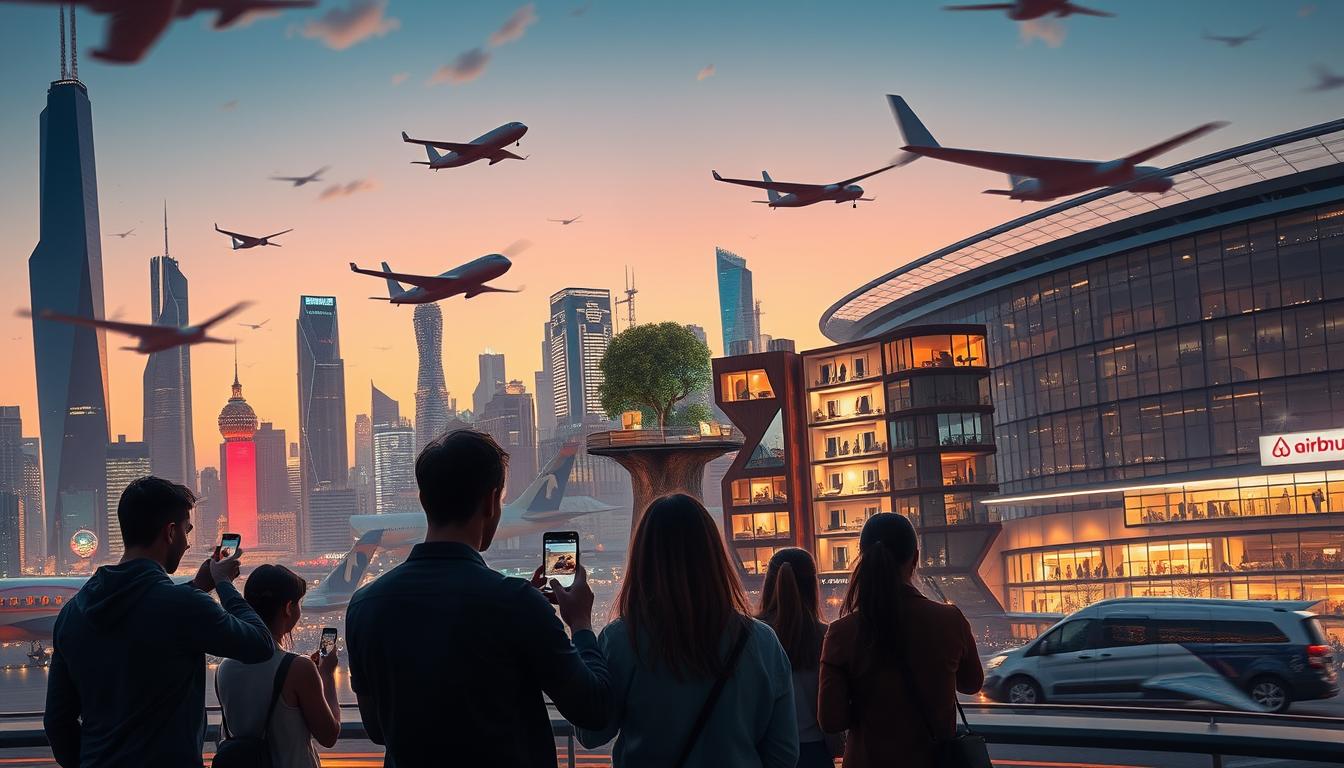
From Air Mattresses to Global Phenomenon
Airbnb started with a simple idea: using air mattresses in a living room for travelers. This humble beginning grew into a global site for hosts and travelers. Now, Airbnb is known for unique places to stay and unique travel experiences.
The company grew fast by meeting traveler needs and using digital innovation. It made its site better and added more options for users.
Identifying a Gap in the Traditional Hospitality Market
Airbnb found a big gap in the hotel market. It saw that many wanted authentic, local experiences that hotels couldn’t offer. Airbnb let homeowners rent out their places, filling this gap and changing travel.
This disruptive tech in travel changed how we travel. It also gave hosts worldwide new economic chances, helping the digital transformation in hospitality.
Airbnb’s Digital-First Business Model
Airbnb has changed how we travel and experience hospitality. It uses technology to make experiences seamless and personal. This digital-first approach has been key to its success.
Peer-to-Peer Platform Architecture
Airbnb’s peer-to-peer platform architecture connects hosts with travelers directly. This cuts out middlemen, making it cheaper and more efficient.
The platform makes listing and booking easy. It builds a community based on trust. Trust is built through verified profiles, reviews, and a messaging system, making transactions safe.
Leveraging the Sharing Economy
Airbnb leads the sharing economy. It lets homeowners make money from their spare rooms or properties. This taps into a huge, untapped market.
Network Effects and Rapid Scaling
The network effects of Airbnb’s platform help it grow fast. More hosts and travelers mean more appeal, creating a cycle of growth.
Digital Community Building
Digital community building is vital for Airbnb. It creates a sense of belonging among users. This encourages interactions and reviews, building trust and improving experiences.
| Key Features | Benefits | Impact |
|---|---|---|
| Peer-to-Peer Platform | Direct Connection between Hosts and Travelers | Increased Efficiency and Trust |
| Sharing Economy | Monetization of Spare Resources | New Income Streams for Hosts |
| Network Effects | Rapid Scaling and Increased Attractiveness | Enhanced User Experience |
“The sharing economy is a major driver of innovation and growth, and Airbnb is at the forefront of this movement.”

How Airbnb Is Revolutionizing Travel Through Digital Innovation?
Airbnb is leading the way in digital innovation, changing travel forever. It uses technology to make travel more personal, easy, and fun for everyone.
Redefining the Travel Experience
Airbnb’s tech has made travel better, giving users a unique and immersive experience. It connects travelers with local hosts and special places, unlike traditional hotels. You can find everything from cozy homes to fancy villas, each showing off local culture.
Now, travelers can see places through the eyes of locals. They learn about the community and find hidden spots. This change is thanks to Airbnb’s focus on digital innovation and making travel personal.

Technology as the Backbone of Transformation
Airbnb’s success relies on its tech, including cloud infrastructure and API ecosystems.
Cloud Infrastructure and Scalability
Airbnb uses cloud infrastructure to grow without slowing down. This lets it handle lots of users and listings smoothly. It’s key for a great user experience, even when lots of people are traveling.
API Ecosystem and Integration
The API ecosystem is vital for Airbnb’s tech. It helps the platform work well with other services. This means better booking and personalized tips, making travel even better.
Airbnb keeps improving travel with its strong tech. It’s setting a new standard for the industry.
User Experience Design: The Cornerstone of Airbnb’s Success
Airbnb has changed the way we travel by focusing on user experience. It offers a smooth and easy-to-use platform for hosts and guests. This makes Airbnb a top choice in the travel industry.
Intuitive Interface and Seamless Booking Process
Airbnb’s website and app are designed to make booking easy. They use a user-centric design approach for clarity and simplicity. This helps users find and book their perfect stay.
Design System Evolution
Airbnb’s design has grown a lot, thanks to user feedback and new trends. This growth keeps the brand’s look consistent and strong across the platform.
User Testing and Iteration
User testing is key to Airbnb’s design. It helps find and fix issues, making the platform better for users. This ensures Airbnb stays responsive to user needs.
Mobile-First Strategy and App Development
Airbnb’s focus on mobile has been a big win. It meets the needs of more travelers using mobiles to book. The Airbnb app offers a seamless user experience with features like in-app messaging.
| Design Element | Description | Impact on User Experience |
|---|---|---|
| Intuitive Navigation | Simplifies the booking process | Enhances user satisfaction |
| High-Quality Imagery | Provides detailed views of listings | Increases trust and confidence in bookings |
| Streamlined Booking Process | Reduces friction during checkout | Improves conversion rates |
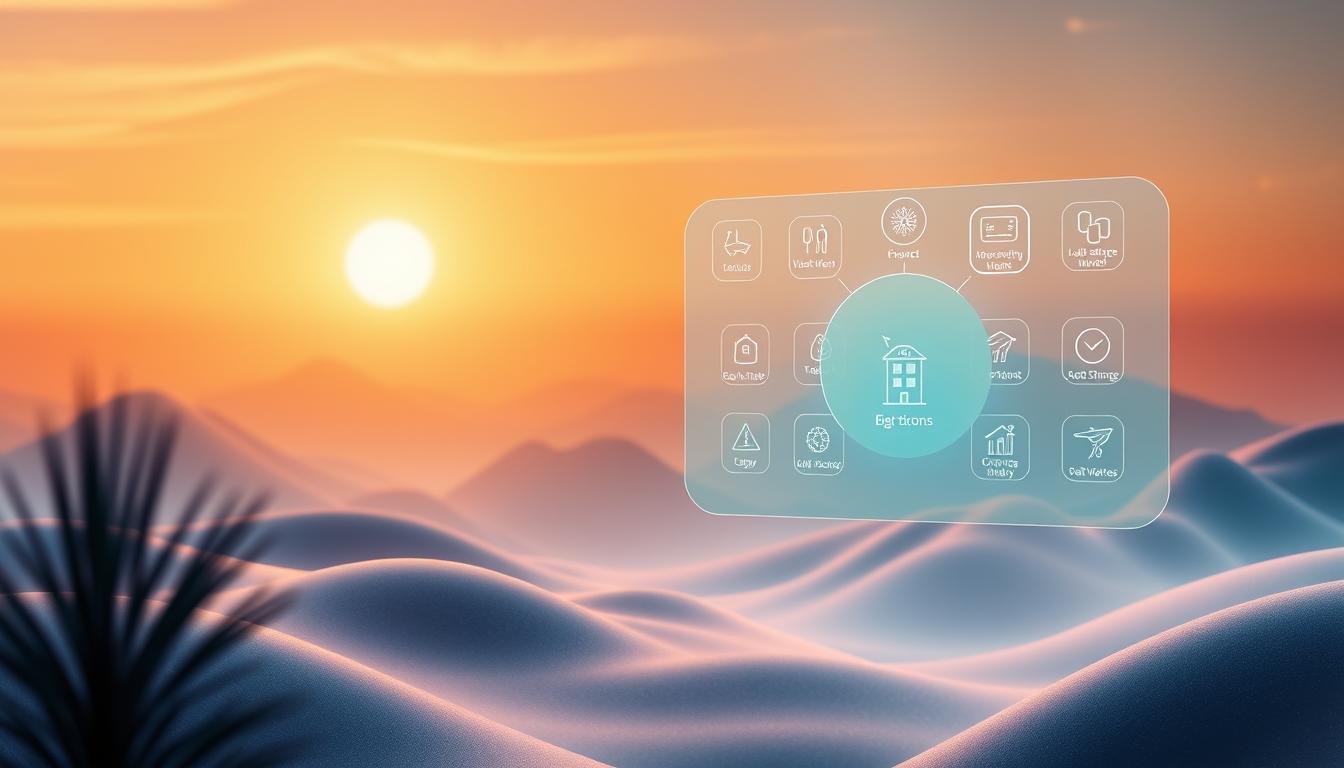
Data-Driven Decision Making at Airbnb
Airbnb’s success comes from using data to make smart decisions. They use lots of data to keep improving their services. This helps them understand their users better and make their experiences more personal.
Big Data Analytics for Personalization
Airbnb uses big data analytics to make experiences more personal. They look at how users behave and what they like. This way, they can suggest the best places for people to stay.
This approach makes users happier and more likely to come back. It also helps Airbnb to tailor its services to what each person wants. This makes the platform more welcoming and useful.

Predictive Algorithms and Dynamic Pricing
Airbnb uses predictive algorithms to guess how much people will want to stay. They then change prices to help hosts make more money. Prices change based on things like the season and local events.
Demand Forecasting Models
Airbnb’s demand forecasting models look at past data and current trends. This helps hosts set the right prices. Getting demand right is key to keeping the platform balanced.
Price Optimization Technology
The price optimization technology Airbnb uses helps hosts price their places right. It looks at lots of data to suggest the best prices. This way, hosts can make more money and guests can find good deals.
By using these smart data strategies, Airbnb is changing the travel world. They offer a more personal and efficient way for hosts and guests to connect.
Trust and Safety Innovations
Trust is key to Airbnb’s success. It uses cutting-edge safety innovations to keep its community safe. As it grows, so does its dedication to a secure and trustworthy space for hosts and guests.
Digital Identity Verification Systems
Airbnb uses strong digital identity verification systems. These systems check the identities of hosts and guests. This adds an extra layer of security and makes the community more trustworthy.
Key features of Airbnb’s digital identity verification include:
- Government-issued ID verification
- Biometric data integration
- Cross-checking with public records
Review and Rating Mechanisms
Airbnb’s review and rating system is vital for trust. After each stay, hosts and guests can leave reviews and ratings. This feedback loop keeps standards high in the community.
The review process is designed to be transparent and fair, with guidelines in place to ensure constructive feedback.
Fraud Detection Algorithms
Airbnb uses smart fraud detection algorithms. These algorithms look at user behavior and transaction patterns to spot suspicious activity.
Risk Assessment Tools
Airbnb also uses advanced risk assessment tools. These tools check for safety concerns before bookings. They help prevent problems before they start.
| Trust and Safety Feature | Description | Benefit |
|---|---|---|
| Digital Identity Verification | Verifies user identities through government-issued IDs and biometric data | Enhances accountability and reduces fraud |
| Review and Rating System | Allows users to rate and review each other after stays | Promotes community standards and trust |
| Fraud Detection Algorithms | Analyzes user behavior and transaction patterns to detect fraud | Protects users from scams and fraudulent activities |
| Risk Assessment Tools | Evaluates risks in bookings and user interactions | Preemptively identifies and addresses safety concerns |
Airbnb keeps focusing on trust and safety. It uses technology and feedback to make a safer space for everyone.
“Trust is the foundation upon which Airbnb’s global community is built. By continually improving our trust and safety measures, we ensure a secure and welcoming experience for all.”
Airbnb’s Payment Technology Revolution
Airbnb has made traveling easier and safer worldwide. Its smart payment system is key to its success globally.
Airbnb’s tech makes paying easy and safe for everyone. It uses a secure global transaction infrastructure that works with many currencies and payment types.
Secure Global Transaction Infrastructure
Airbnb’s payment system is strong and safe. It handles lots of transactions all over, making sure payments are smooth and secure.
Some important parts of Airbnb’s system include:
- Advanced encryption and security protocols to protect user data
- Compliance with international payment standards and regulations
- Real-time transaction monitoring to detect and prevent fraudulent activities
Multi-Currency Support and Financial Inclusion
Airbnb’s system supports many currencies, letting guests pay in their own money. This makes booking easier and helps more people join the sharing economy.
| Currency Support | Transaction Benefits | User Experience |
|---|---|---|
| Multiple currencies supported | Reduced transaction fees | Simplified booking process |
| Real-time exchange rates | Increased security | Enhanced financial inclusion |
Airbnb’s payment system is secure, efficient, and easy to use. It’s changing the travel world and setting new standards for digital payments.
Artificial Intelligence and Machine Learning Applications
Airbnb is leading the way in the hospitality world with AI and machine learning. These technologies make the user experience better and operations smoother. They offer more personalized and efficient services.
Smart Search and Matching Algorithms
Airbnb’s AI and ML help with smart search and matching. These tools understand what users like and need. They give better search results.
Natural Language Processing for Listings
Airbnb uses natural language processing (NLP) for better listing searches. NLP gets the details of what users are looking for. This makes it easier for travelers to find what they need.
Image Recognition and Quality Assessment
Image recognition technology is key for Airbnb. It checks the quality of images. This ensures guests see the best pictures, improving their stay.
AI-Powered Customer Service Solutions
Airbnb’s AI-powered customer service offers 24/7 help. Chatbots and virtual assistants answer many questions. They help with bookings and general info about listings.
| AI Application | Description | Benefit |
|---|---|---|
| Smart Search Algorithms | Personalized search results based on user behavior | More accurate matches for travelers |
| NLP for Listings | Improved search functionality using natural language processing | Easier for users to find relevant listings |
| Image Recognition | Assessment of listing image quality | High-quality visuals for guests |
| AI-Powered Customer Service | 24/7 support through chatbots and virtual assistants | Enhanced customer support and experience |
Airbnb keeps innovating with artificial intelligence and machine learning. They set high standards in travel and hospitality.
Expanding Beyond Accommodations: Experiences Platform
Airbnb is changing how we travel with its Experiences platform. It lets travelers dive into local cultures, going beyond just staying in a place.
Digital Marketplace for Local Activities
Airbnb’s Experiences is like a digital marketplace. It lets locals share unique activities with travelers. This makes travel more meaningful and gives locals a chance to earn money from their passions.
There are many activities on the platform, like cooking classes and tours. Travelers can really get to know the local culture. Airbnb’s big user base and tech help make this ecosystem thrive for everyone.
Technology-Enabled Curation and Quality Control
Airbnb uses technology-enabled curation to ensure quality. It combines human checks with algorithms to review hosts and experiences. This makes sure they meet high standards.
Host Onboarding and Training Tools
Airbnb gives hosts onboarding and training tools to help them offer great experiences. These tools include tips, best practices, and support. They help hosts connect well with travelers.
Experience Discovery Algorithms
The platform uses smart experience discovery algorithms to find the right activities for travelers. These algorithms look at what travelers like, where they are, and what they want to do. They offer personalized suggestions.
Airbnb’s Experiences platform is a game-changer. It combines a digital marketplace with advanced tech to change how we travel and connect with local cultures.
Disrupting the Traditional Hospitality Industry
Airbnb has changed the hospitality world a lot. It connects travelers with local hosts. This has changed how we travel and see places.
Impact on Hotels and Traditional Accommodations
Airbnb has hit hotels hard. It offers many unique places to stay. This makes hotels work harder to stand out.
Key statistics show Airbnb’s big effect. More bookings on Airbnb mean less money for hotels.
Reshaping Travel Patterns and Destination Development
Airbnb changes where we stay and how we travel. It encourages us to see new places. This is called dispersed tourism.
Democratization of Tourism Revenue
More tourists mean more money for local areas. Travelers help local businesses. This helps the community.
Data Insights for Destination Marketing
Airbnb’s data helps places market better. It shows what travelers like. This helps attract the right visitors.
This data also shows travel trends. It helps places improve their services for travelers.
Overcoming Regulatory Challenges Through Technology
Airbnb grew worldwide but faced many rules to follow. It used tech to solve these problems. This way, it stayed in line with laws and kept growing.
Digital Compliance Tools and Solutions
Airbnb made digital tools to help hosts and cities with rules. These tools make it easier to follow local laws.
Key Features of Digital Compliance Tools:
- Automated regulatory checks
- Real-time updates on local laws
- Guided processes for hosts to ensure compliance
Data-Sharing Partnerships with Cities
Airbnb started sharing data with cities to be open and work together. It shares info on listings and how often they’re used. This helps cities make smart rules for short-term rentals.
Airbnb also made it easier to pay taxes. It set up systems to collect and send taxes for hosts. This makes it simpler for hosts to follow tax laws.
Neighborhood Impact Monitoring
Airbnb created tools to check how short-term rentals affect neighborhoods. This info helps cities make fair rules. It balances community needs with the good of short-term rentals.
Thanks to tech, Airbnb keeps finding new ways to meet rules. It makes sure its platform is good for hosts and cities alike.
Pandemic Response: Digital Adaptation and Innovation
The pandemic era was tough for many, but Airbnb used technology to stay strong. It adapted quickly to the new travel world. This was key to its survival.
Virtual Experiences and Remote Work Solutions
Airbnb launched virtual experiences to keep people connected. This let travelers explore places safely from home. It also helped remote workers find places to stay and work.
Brian Chesky, Airbnb’s CEO, said they had to change fast. The move to virtual and remote work kept Airbnb in the game. It also brought in new money.
Enhanced Cleaning Protocols and Digital Verification
Airbnb made safety a top priority. It introduced strict cleaning rules and digital checks. This made sure guests felt safe.
“The health and safety of our community is our top priority,” Airbnb emphasized, highlighting its commitment to protecting both hosts and guests.
Airbnb showed it could adapt and grow during tough times. Its pandemic response helped it come out stronger. It set the stage for future success.
The Future of Travel: Airbnb’s Vision and Ongoing Innovation
Airbnb is set to change the travel world with its new ideas. It wants to make travel more personal and real. The company is always looking for new ways to shake up the old ways of traveling.
Airbnb keeps investing in digital tech to make travel better. Its impact is seen everywhere, making travel grow and change. As Airbnb explores new limits in travel, it focuses on what travelers need and the latest tech.
Airbnb is ready to take advantage of new trends and tech. This will help it stay important and successful in a world that’s always changing.
FAQ
▶
▶
▶
▶
▶
▶
▶
▶
▶
▶
▶
▶
